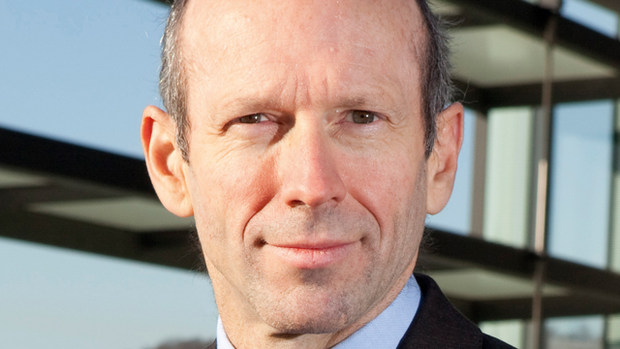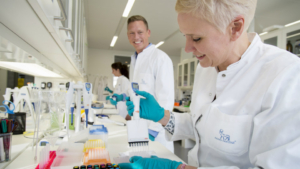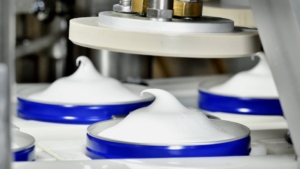
Marc de Garidel: Personalised medicine the future for patients
In the last 30 years, biotechnology has become a major source of innovation in combating untreated diseases and improving current treatments. A better understanding of the human genome rests at the heart of this incredible technological progress. With the dawn of personal medicine, we are also witnessing the dawn of a new era in medicine.
The aim of personalised medicine is to improve prevention, diagnosis and treatment of diseases by using patients’ individual characteristics to identify the most appropriate care. The industry is using this knowledge to create medicines with more clearly defined molecular targets, and to profile these medicines more effectively during development and after market introduction using biomarker science. Personalised medicine promises to improve individual health. At the same time, it enables healthcare systems especially here in Europe to better allocate constrained healthcare budgets, thereby achieving savings in the delivery of medicines.
In the field of personalised medicine, diagnostic supporting technologies and devices are brought together with the disciplines underpinning medicinal product development. Implementing personalised medicine will therefore require a high degree of collaboration amongst the many stakeholders in the life science and medical sectors, to a point that has not been the norm in the past. These stakeholders include the research community, medicines and diagnostics manufacturers, regulators, health technology assessors, doctors and other health professionals (including health experts), and of course patient organisations and patients as a whole.
In this research area, sequencing the human genome has resulted in an avalanche of knowledge about the molecular biology of human health and diseases, leading to the many new omics’ disciplines: genomics, proteomics, epigenomics, transcriptomics, metabolomics and metagenomics, to name just a few. Translating omics’ from basic to clinical research can yield more innovative approaches for the prediction, prevention, treatment and cure of diseases.
As new technologies emerge, there is a corresponding need for standardisation. The key challenge for the EU regulatory framework will be to allow as much flexibility as possible in order to ensure the rapid uptake of novel approaches and innovations, whilst at the same time ensuring the health and safety of the patient.
The introduction of personalised medicine to the point-of-care will affect the way healthcare is organised. One positive example: since its launch in May 2005, the French National Cancer Institute has been developing an increasing network of regional centres linked to healthcare institutions. These allow cancer patients to be rapidly diagnosed and identified for suitability to drug treatment, which has in turn lead to an overall reduction of costs of treatment.
Personalised medicine can bring significant benefits for patients, healthcare providers and healthcare authorities at the national level, but challenges across the innovation cycle from basic research through to the uptake in the healthcare setting still need to be overcome. Because of their nature, these challenges will need to be addressed at European, national, regional and local levels.
Personalised medicine is a promising challenge for Europe’s biotechnology industry, and EBE is proud to contribute to this new medical era.
Marc de Garidel
Marc de Garidel is the President of European Biopharmaceutical Enterprises, as well as Group Chairman and CEO at Ipsen and a member of its strategic committee. In the course of his career, he has also worked at Eli Lilly and Amgen, where he advanced to the post of VP for Southern Europe, MEA and Latin America. Marc de Garidel has also held teaching positions at the École Centrale de Paris and the ESSEC Business School since 2008, and has been named a «Chevalier de la Légion d’Honneur».




 Beiersdorf
Beiersdorf